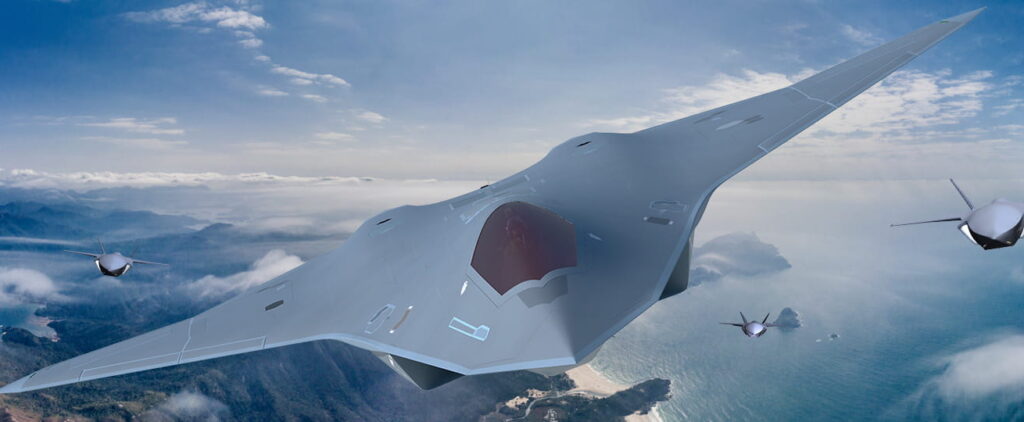RTX and General Electric have been awarded a landmark contract worth $3.5 billion to advance the US Air Force’s Next-Generation Adaptive Propulsion (NGAP) program.
The deal requires the two companies to support technology maturation and risk reduction for their respective NGAP proposals.
More specifically, this work will encompass design, analysis, rig testing, prototype engine construction and testing, and system integration.
The contracts fall within the prototyping phase of the NGAP program, which aims to develop cutting-edge engines for the US Air Force’s future sixth-generation fighter jets.
RTX will carry out its work at its Pratt & Whitney facility in Connecticut, while General Electric will perform its part at its Ohio facility. Both contracts are slated for completion by July 2032.
Proposed Solutions
Details about the NGAP’s proposed solutions remain limited, but both Pratt & Whitney and General Electric have announced key milestones for their respective engines.
In 2023, General Electric’s XA102 engine prototype successfully passed a critical design review, confirming that it meets all technical requirements and is ready for further testing.
“The combination of digital design and learnings from GE Aerospace’s first adaptive cycle engine will allow XA102 to deliver the required propulsion performance key to enabling future air dominance capabilities,” the company stated.
A year later, RTX’s Pratt & Whitney announced that its XA103 engine had also completed a major design review, setting the stage for ground testing in the late 2020s.
In addition to the two companies, the US Air Force has previously awarded NGAP contracts to Lockheed Martin, Boeing, and Northrop Grumman. Lockheed and Boeing are the remaining key players in the NGAD program.
Uncertain Future?
The NGAP program is designed for America’s sixth-generation fighter jets. However, the Air Force currently has only one program to develop these jets — the Next Generation Air Dominance (NGAD).
The NGAD program is currently facing significant challenges, as the Air Force paused all development efforts due to concerns over potential costs.
The service also indicated that the fate of the NGAD program will be left to the administration of President Donald Trump.
“The Secretary of the Air Force will defer the Next Generation Air Dominance way-ahead decision to the next administration while the Department of the Air Force continues its analysis and takes necessary actions to maintain decision space for the NGAD program,” the Air Force explained.
Despite the uncertainty surrounding NGAD, the service has assured that the NGAP program will continue, as the engine developed will be adaptable to various advanced aircraft, not just limited to the NGAD.
Editor’s note: A previous version of this story incorrectly stated that RTX and General Electric were awarded $7 billion in contracts.



